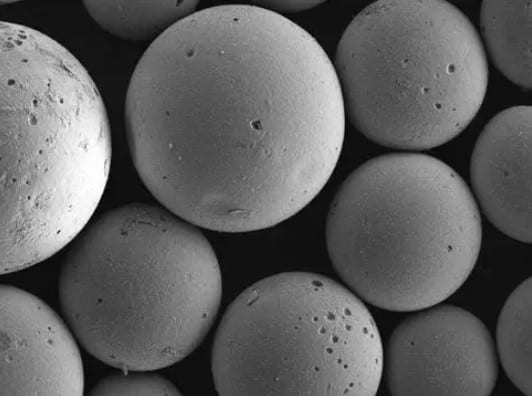A PhD scholarship focused on trans and non-binary inclusion has been launched by the University of Brighton in collaboration with The Paul Cottingham Trust.
The scholarship will provide a talented researcher with financial support and access to world-class resources, to develop a project focusing on trans and non-binary inclusion within the broad remit of supporting health, wellbeing, and dignity in health and social care. It will be awarded to a candidate who is committed to making a difference to the wider trans community and will provide a unique opportunity for in-depth research that can explore the issues and opportunities for trans people.
This landmark initiative reflects the University of Brighton’s ongoing commitment to advancing research, fostering social change, and championing equality.

The scholarship is overseen by the University’s Centre for Transforming Sexuality and Gender (CTSG), an internationally recognised research centre known for its pioneering work in LGBTQIA+ lives and communities. The centre’s researchers employ innovative methods and creative approaches, to produce work that informs policy and practice. The centre also champions anti-racist and gender-inclusive research, providing a vibrant and inclusive environment for its thriving community of early-career researchers and students.
Professor Nigel Sherriff, Professor of Public Health and Public Promotion and Director of CTSG at the University of Brighton said:
“The scholarship represents a unique opportunity to contribute to a vision for the future that transforms trans and non-binary inclusion at every level. It will be awarded to a candidate who demonstrates a strong commitment to driving social change, advancing trans rights, and championing inclusion for trans and non-binary communities, particularly their most marginalised members. It represents an exciting chance to contribute to a vision that translates into tangible improvements in the lives of trans and non-binary individuals.”
Funding for the PhD is provided by The Paul Cottingham Trust, founded in memory of actor, singer, fundraiser and charity supporter Paul Cottingham. Established by Lord Michael Cashman CBE (Paul’s husband) and fellow Trustees, the Trust is dedicated to promoting LGBTQIA+ equality and inclusion globally, focusing on initiatives that create meaningful change for marginalised communities.
Lord Michael Cashman CBE said:
‘We are proud to join the Uni of Brighton in this innovative and exciting project which embodies our shared commitment to achieving an inclusive and equal society where everyone can achieve their unique potential and enjoy the same rights, obligations and privileges as others.’
Click here for more information on the scholarship and how to apply.










